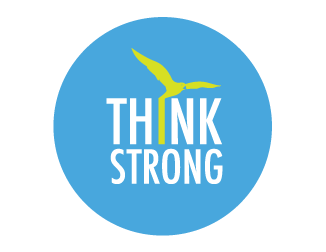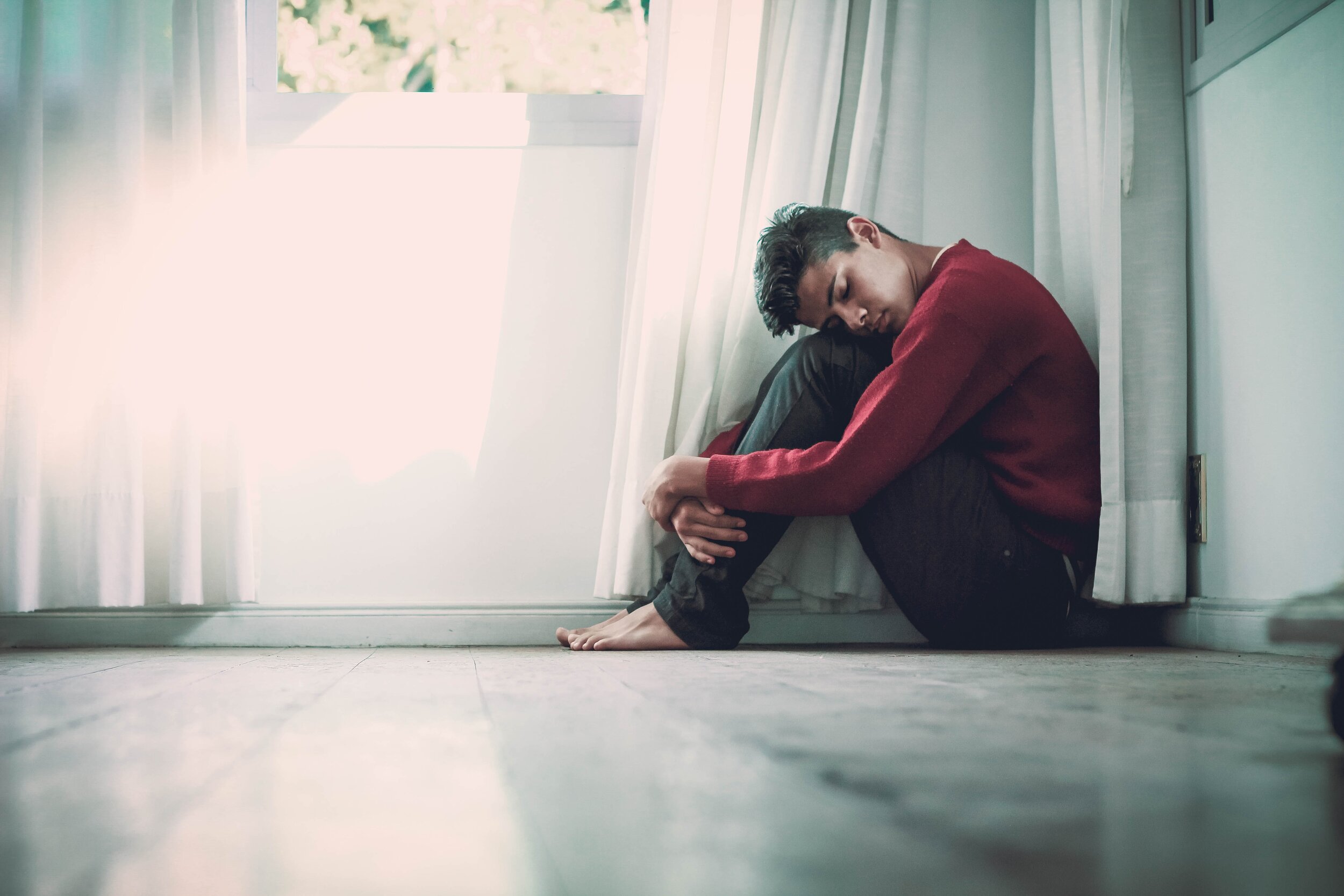How to Reduce Your Anxiety:
Coronavirus has plunged the world into uncertainty and the constant news about the pandemic can feel relentless. This is taking its toll on people's mental health, particularly those already living with conditions like anxiety. Being concerned about the news is understandable, but for many people it can make existing mental health problems worse. The World Health Organization (WHO) have released advice on social media regarding how best to protect your mental health during this period,
Limit the news and be careful what you read
Reading lots of news about coronavirus can lead to panic attacks for those who live with anxiety. Thoughts can spiral out of control leading to thinking about catastrophic outcomes particularly regarding parents and other older people you may know. Having long periods away from news websites and social media can help him to manage anxiety. Limit the amount of time also you spend reading or watching things which aren't making you feel better. Perhaps decide on a specific time to check in with the news. There is a great deal of misinformation swirling around - stay informed by sticking to trusted sources of information such as government, WHO and NHS websites
Have breaks from social media and mute things which are triggering
People suffering from health anxiety may compelled to stay informed and research the subject endlessly but at the same time social media can be a trigger. Be careful about which accounts you tune into and avoid clicking on coronavirus hashtags. Try hard to have time away from social media or watching TV perhaps reading books instead. Other suggestions would be to. Mute key words which might be triggering on Twitter and unfollow or mute accounts. Similarly, mute WhatsApp groups and hide Facebook posts and feeds if you find them too overwhelming
Stay connected with people:
Staying in touch with those you care about will help to maintain good mental health during long periods of self-isolation. Agree regular check-in times and feel connected to the people around you, Try to strike a balance between having a routine and making sure each day has some variety. For some people it might end up actually feeling like quite a productive or restful period. You could work through your to-do list or read a book you'd been meaning to get to.
Avoid burnout:
With possibly weeks and months of the coronavirus pandemic ahead, it is important to have down time. Continuing to access nature and sunlight wherever possible. Exercise, eat well and staying hydrated is essential more than ever, even when at home for long periods. Practising the "Apple" technique to deal with anxiety and worries has been recommended by leading charities in this area.
Acknowledge: Notice and acknowledge the uncertainty as it comes to mind.
Pause: Don't react as you normally do. Don't react at all. Pause and breathe.
Pull back: Tell yourself this is just the worry talking, and this apparent need for certainty is not helpful and not necessary. It is only a thought or feeling. Don't believe everything you think. Thoughts are not statements or facts.
Let go: Let go of the thought or feeling. It will pass. You don't have to respond to them. You might imagine them floating away in a bubble or cloud.
Explore: Explore the present moment, because right now, in this moment, all is well. Notice your breathing and the sensations of your breathing. Notice the ground beneath you. Look around and notice what you see, what you hear, what you can touch, what you can smell. Right now. Then shift your focus of attention to something else - on what you need to do, on what you were doing before you noticed the worry, or do something else - mindfully with your full attention.
If you or anyone in your family is concerned by any of the information in the article, I offer a free consultation to discuss your issues and possible ways forward




